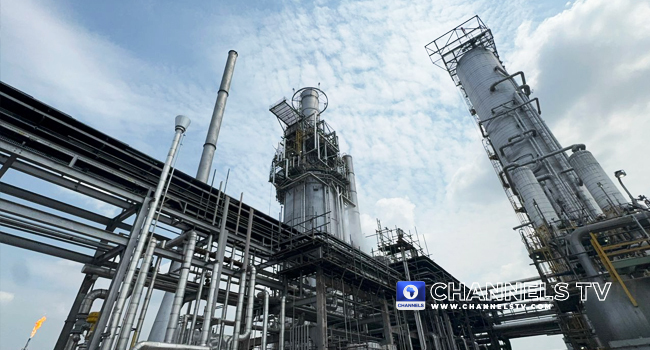The Nigerian government is considering the sale of its four state-owned refineries as part of its economic reform strategy to attract investors and boost competition in the downstream oil sector. The refineries, located in Port Harcourt, Warri, and Kaduna, have a combined installed capacity of 445,000 barrels per day but have remained largely dormant for decades despite repeated maintenance projects.
According to Olu Verheijen, Special Adviser to President Bola Tinubu on Energy, the sale is one of the options being considered to find the right technical partner with the necessary capital. Verheijen made this disclosure during an interview with Bloomberg TV on the sidelines of the Abu Dhabi International Petroleum Exhibition and Conference. The refineries are owned by the Nigerian National Petroleum Company Limited (NNPCL), which is seeking technical equity partners to manage and operate the facilities at international standards.
The government’s reform agenda aims to restore market efficiency and transparency, ensuring that the petroleum sector operates on purely commercial terms. The removal of subsidies has eliminated distortions in the market, and the government is now focused on attracting investors to revamp the refineries. The NNPCL has announced its intention to seek technical equity partners, and the government sees a potential initial public offering for the company as a long-term goal.
The refineries have been sustained by subsidies in the past, but the government is now committed to operating the sector on commercial terms. The Port Harcourt, Warri, and Kaduna refineries have been shut down for repairs, and the government is seeking partners to manage and operate them effectively. The NNPC Chief Executive Officer, Bayo Ojulari, has expressed optimism about the future of the refineries, stating that the company is looking ahead to ensure they operate effectively.
The potential sale of the refineries is a significant development in the Nigerian oil sector, which has faced challenges in recent years. The government’s efforts to attract investors and boost competition are aimed at improving efficiency and transparency in the sector. As the government moves forward with its reform agenda, the outcome of the refinery sale and the potential initial public offering of the NNPCL will be closely watched by industry stakeholders and investors.
